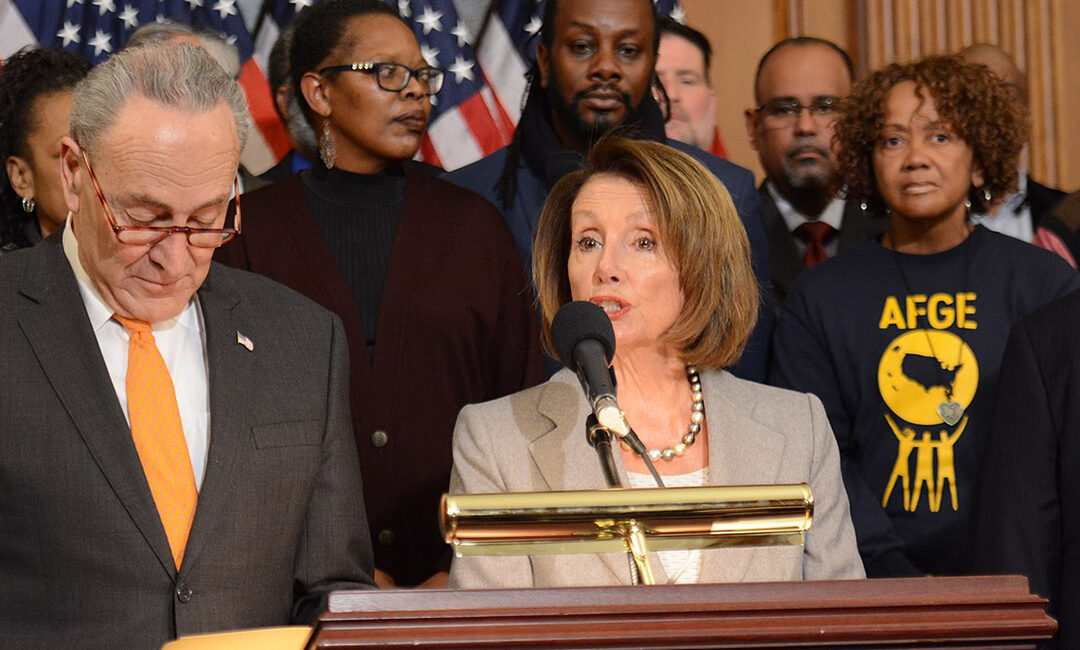[ad_1]
Following on from my previous piece, here are a few more examples of progressive ideas from the Right.
School Choice. For most of the last 50 years, the only public schools that competed for students were magnet schools. These were largely the creation of the federal courts, and their primary purpose was to draw white students from the suburbs back to center-city school systems. Since they had to compete with other schools, they had to be good. And just about everyone agrees they are good. So why cant every school be a magnet school? The answer: teachers unions. If schools had to compete for students, bad teachers would lose their jobs. Bad schools would be forced to close. Because the Democratic Party is so dependent on teacher union support, you will be hard-pressed to find a Democratic politician anywhere who supports absolute school choice.
The private voucher movement was spurred by a right-of-center think tank and a few wealthy donors. In time, it blossomed into a lifesaver for thousands of low-income, mainly minority children who got the opportunity to escape bad schools and go to better ones. From there, it spread to the public sector, where New York Citys charter schools, for example, have produced striking gains for low-income minority students. Today, there are 27 public voucher programs in 16 states and the District of Columbia.
Unfortunately, schools participating in voucher programs are hampered by a requirement to admit students based on lotteries, almost everywhere. This means that, unlike magnet schools, they are not allowed to specialize and ensure that the right student gets into the right school. Instead, they are forced to be all things to all studentsjust like the public schools.
Private Social Security Accounts. As we entered the 21st century, more than 30 countries had fully or partially privatized their social security systems. Some progressives recoil at the word privatization, incorrectly believing that it implies less of a commitment to income security in old age. In fact, forced savings programs involve just as much coercion as mandatory payroll taxes. For example, Britain has allowed private pensions to substitute for government social security for decadesall with the backing of the left-of-center Labor Party.
Similarly, Singapore has always required people to save for their own retirement. It will soon have more millionaires per capita than any country in the world. Retirees in Chile have much more retirement income than they would have had under their pay-as-you-go system, and their funded system is one reason why Chile has the second-highest per capita income in all of Latin America.
Paul Samuelson once called Social Security a Ponzi scheme that works. Except that it doesnt work if each generation doesnt have enough children to pay its benefits in old age.
Freedom To Work. According to a Brookings Institution study, nearly 30% of all jobs in this country require a government license. Thats up from 5% in 1950. Like the medieval guild system in the days of old, these regulatory barriers do not appear to be protecting the public. Instead, they protect people already in a profession from competition from new entrants. Twenty-one states, for example, require a license for travel guides. In Nevada, an applicant for this job must put in 733 days of training and shell out $1,500 for the license.
Occupational licensing is especially bad for low-income peoplein both their roles as workers and as consumers. In Capitalism and Freedom, Milton Friedman proposed an alternative: certification. That way, consumers could choose travel agents certified to be qualified by the state, or they could choose (less expensive) uncertified guides.
[ad_2]
Source link


Recent Comments